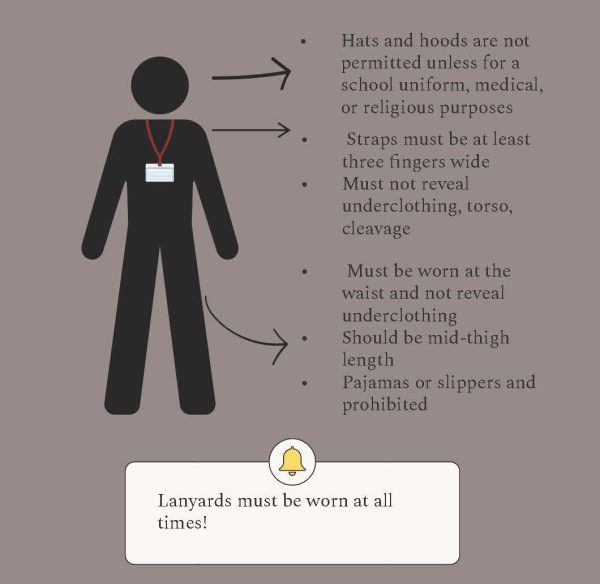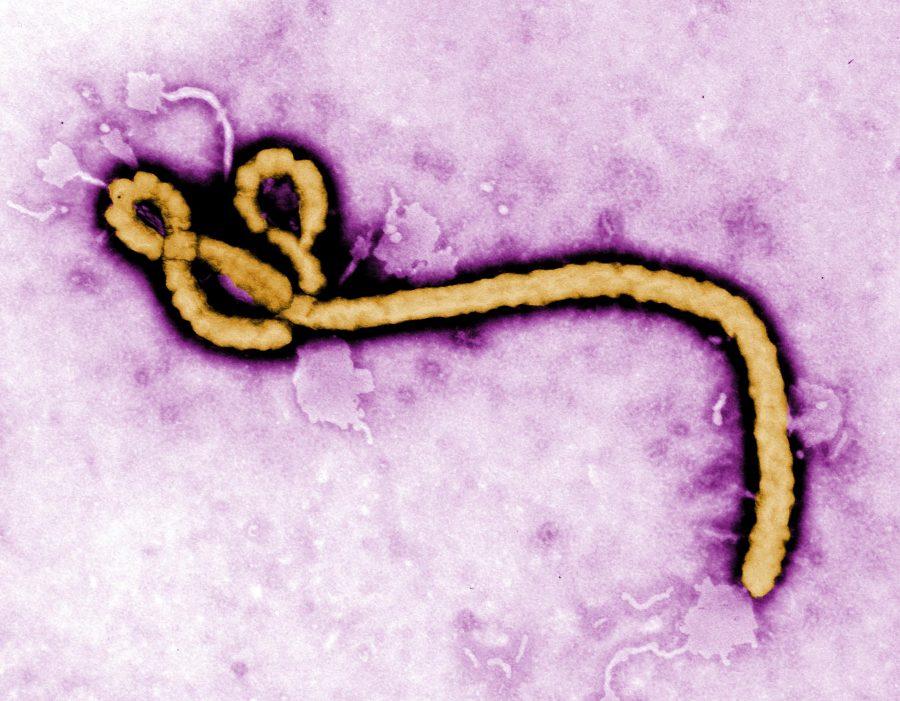Successful Test to Detect Ebola
Scientists are developing ways to fight the Ebola virus
In 2014, the world’s attention was directed to the Ebola virus as an outbreak moved the virus from West Africa to places where it has never been, attracting unprecedented attention. The Ebola virus is spread only by direct contact with blood or other bodily fluids, but that did not stop the mass hysteria which followed the Ebola flare-up.
Since then, the panic has settled, but pathologists have continued to work in searching for a way to prevent any future deadly outbreaks.
As of February 6, the researchers at the American Society for Microbiology Biothreats announced that it now only takes 10-15 minutes of swabbing a blood sample for a colored line to appear and confirm the presence of the virus. They are able to do this using antibodies which are specialized proteins that mark and help take down viruses. Currently, scientists are testing these antibodies to detect and treat the Ebola virus faster and more efficiently than ever.
According to immunologist Haley DeMers of the University of Nevada, Reno School of Medicine, these tests don’t give accurate results until the patient has been sick for a while. However, this is not stopping researchers from continuing to study the virus and looking for new combinations of antibodies. This successful test is promising to pathologists in finding a definite cure for Ebola and preventing the disease altogether in the future.
Your donation will support the student journalists of Cypress Woods High School. Your contribution will allow us to purchase equipment and cover our annual website hosting costs.





